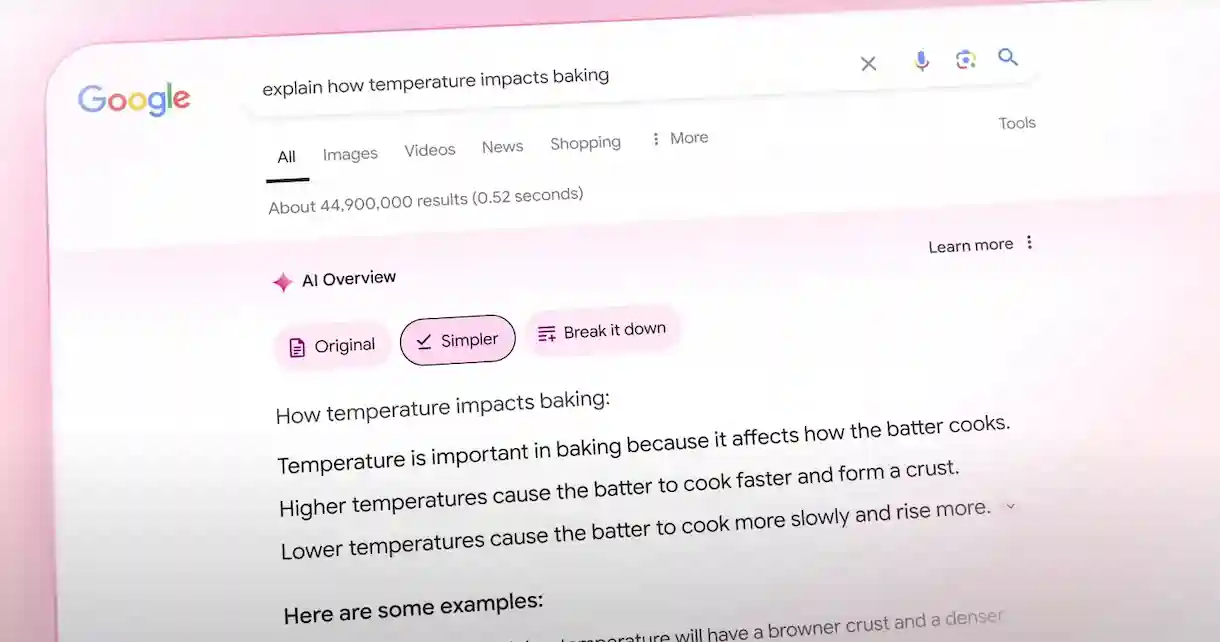The team at Semrush has analyzed 20,000 blog articles, surveyed over 700 Semrush users, and interviewed industry experts to address a critical question: Does Google penalize AI-generated content?
According to Google’s official stance, simply using generative AI to create content does not result in penalties. However, there is often a gap between Google’s statements and real-world outcomes. To validate Google’s claims, Semrush conducted a comprehensive experiment, and the findings reveal that while AI can produce effective results, success depends on the implementation details.
Key Findings:
- Blog Article Analysis: Semrush analyzed 20,000 blog articles, identifying approximately 8% as likely AI-generated, according to detection tools. These articles were then compared to human-written content in terms of performance on Google Search. The analysis showed minimal differences in search rankings between AI-generated and human-written content.
- User Survey: A survey of 700 Semrush users revealed a generally positive attitude toward AI use. Respondents indicated that AI-generated articles performed as well as, or even better than, manually crafted content without machine involvement.
- Expert Opinions: Industry experts corroborated these findings, emphasizing that resistance to AI is unnecessary. However, they warned against careless or thoughtless use of AI. A strategic and reflective approach is essential for success.
Key Takeaways:
In this case, Google’s official stance aligns with reality: AI can be used effectively to generate content, provided it is done thoughtfully. The true issue lies not in using AI, but in producing low-quality content—whether it’s generated by AI or humans. A hybrid approach, combining AI with human oversight, seems to yield the best results.
It’s important to remain cautious, though. Practices that are effective and accepted by Google today may not be in the future, so businesses relying on AI-generated content should prepare for potential changes.
Additionally, there’s increasing evidence that Google is becoming proficient at identifying AI-generated content. Efforts to incorporate digital watermarks into AI-generated multimedia and text are advancing rapidly. For this reason, transparency and proper attribution are always advisable when publishing AI-assisted content.
Note: Article originally written in Spanish, translated with ChatGPT, and reviewed in english by Jorge Mediavilla.

